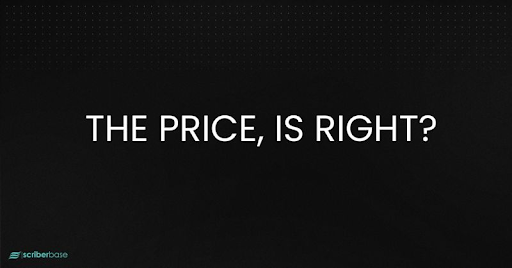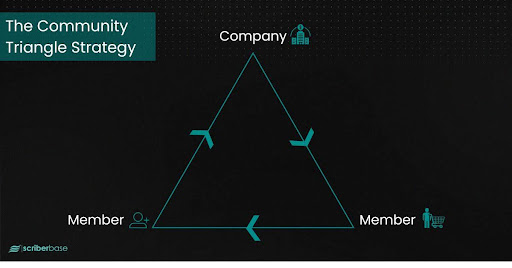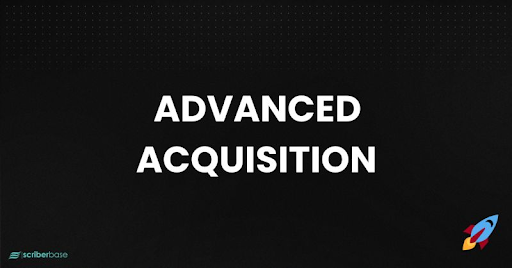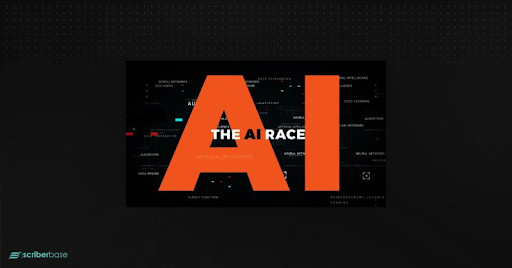It’s a huge deal for both growing revenue and retention.
But nailing pricing means getting inside your customers’ heads.
We recently dove into this stuff with a number of corporate clients …
Specifically, we looked at how cognitive biases play a major role in how people perceive value – and how you can use that knowledge to your advantage.
Here’s how some companies are putting these principles into practice:
𝐀𝐧𝐜𝐡𝐨𝐫𝐢𝐧𝐠 𝐁𝐢𝐚𝐬:
Think about Netflix’s pricing tiers. That “Premium” plan, with its higher price and extra features, isn’t just another option. It’s strategically placed there to make the “Standard” plan look like a steal.
𝐅𝐫𝐚𝐦𝐢𝐧𝐠 𝐄𝐟𝐟𝐞𝐜𝐭:
Check out Adobe Creative Cloud. They highlight the annual savings compared to the monthly price. That’s loss aversion in action – nudging customers towards the longer-term (and more profitable) commitment.
“𝐍𝐢𝐧𝐞” 𝐏𝐫𝐢𝐜𝐢𝐧𝐠:
Using the number “9” is a brand positioning error. It cheapens your brand. Apple gets this. So do many other premium brands. Are you Walmart? If not, skip the $99 pricing.
𝐅𝐫𝐞𝐞 𝐓𝐫𝐢𝐚𝐥𝐬 𝐯𝐬. 𝐅𝐫𝐞𝐞𝐦𝐢𝐮𝐦:
Spotify’s freemium model is a masterclass in conversion. Limited, ad-supported access lets people experience the platform, then upgrade to the ad-free premium version should they want to. Contrast that with Salesforce, where a full-feature, time-limited trial makes more sense. Different approaches for different products. Understand there’s a difference here.
𝐓𝐫𝐚𝐧𝐬𝐩𝐚𝐫𝐞𝐧𝐜𝐲:
Amazon Prime is upfront about recurring billing. That transparency builds trust, which is everything for long-term subscription success and lifetime value. On the other hand, deceptive “hide the ball” practices might work short-term, but they’ll kill your retention rate, not to mention your merchant account.
Pricing isn’t about slapping a number on your product. It’s about understanding strategy and behavioural economics.
Get pricing right.





